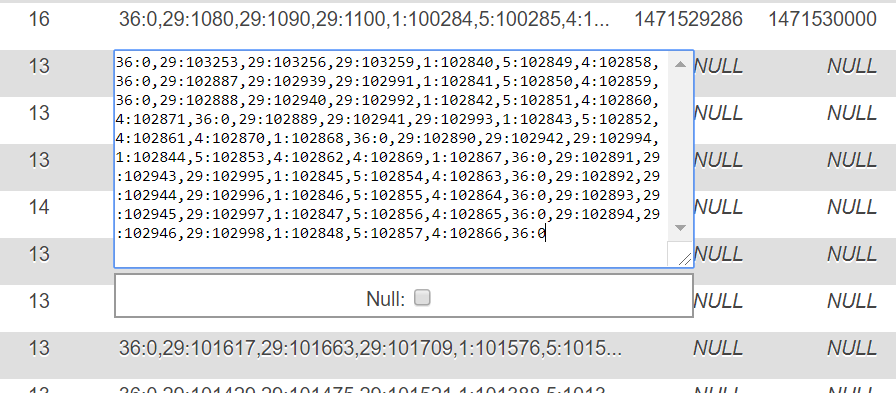Sat down to do some testing this morning with a fully updated device module and 9.8.22 emoncms.
Since I wanted try various things with some test templates I decided to start by separating any test templates from the included templates, both in location and menu grouping, plus test the ability to use sub-folders whilst I was at it.
So I created a “pb66” folder in device/data and moved the existing “test” (copy of emonth) template there. I then edited that template so category=“pb66 templates” and group=“Test and Development”.
I have cleared browser cache, I have navigated away and back to the device page, I have also tried logging out and back in, but nothing I do changes the left hand panel of the device create/editing page. OpenEnergyMonitor:Temperature and Humidity:test is still listed and active.
I have checked redis and found the old key:values is still there and the new (moved and edited “test”) template is not, just in case the sub-folder wasn’t being read, I copied the “data/pb66/test.json” to data/test_copy.json and that has failed to make an appearance too.
At this point I assume it’s just a case of redis still not being updated at the right time so no edits, removals or additional templates are picked up.
My current device/data folder looks like this
data
├── amig.json
├── amrm.json
├── OpenEnergyMonitor
│ ├── emonpi-HEM.json
│ ├── emonpi-SPV1.json
│ ├── emonpi-SPV2.json
│ ├── emonth.json
│ ├── emontx-HEM.json
│ ├── emontx-HP.json
│ ├── emontx-SPV1.json
│ └── emontx-SPV2.json
├── pb66
│ └── test.json
├── smartplug.json
└── test_copy.json
but the menu and device templates listed on the device creation/edit page has not altered from when we were testing the other day.
Previously any template changes could be dragged through by creating a throw away device, so I have tired that here and created a device called “JustToUpdateRedis” based no the (no longer existing) OpenEnergyMonitor:Temerature and Humidity:test template, the device was successfully created but no changes were dragged through, the list remains unchanged even after clearing the browser cache. So it would appear not only is it still faulty, but the previous work around is no longer available either.
Intrigued by this I then deleted the “domp:device:template:smartplug” key:value from redis in the same way I was deleting devices the other day, to see if it popped back up after creating a another dummy device, however now I have no templates at all listed on the left panel so I cannot create any devices thorough the webpage, haven’t tried an api call yet, but I’m out of time for now, will try to get back to this later.

 and maybe this helps to bring the whole device-integration branch to a more production-like state.
and maybe this helps to bring the whole device-integration branch to a more production-like state.